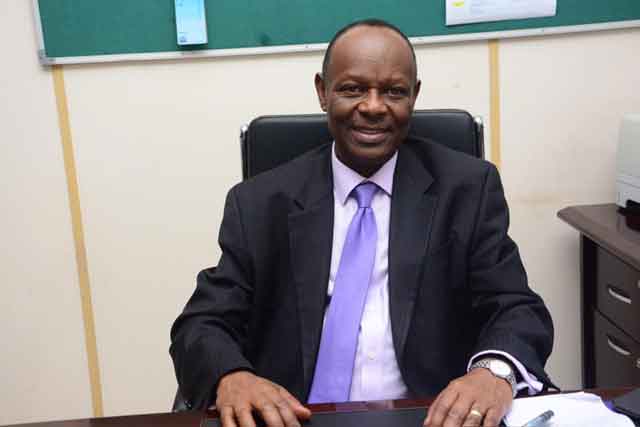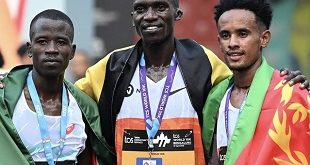
Kampala, Uganda | THE INDEPENDENT | Uganda has embarked on a donor hunting expedition to guarantee future training of the experts who deal with the incidence, distribution, and possible control of diseases and other factors relating to health.
These are very vital in tackling emerging and re-emerging diseases, yet very costly to train, according to Dr Ario Alex Riolexus, the Director of Uganda National Institute of Public Health. He told URN in an interview that the unit cost of training one professional is USD 100,000.
He adds that until 2015 when the US Centres for Disease Control and Prevention (CDC) embarked on funding the training of epidemiologists through a two-year fellowship programme, the country was only relying on what Makerere University was training who are largely theoretical with real field skills.
The latest beneficiaries of this programme are 12 who graduated on Friday bringing the total number of beneficiaries to 52. These are not the numbers they would require for the country of over 42 million people and a hot spot for emerging and re-emerging infections.
But now Uganda is facing uncertainty over the sustainability of having the CDC sponsor the training of field epidemiologists.
Riolexus who also heads the CDC programme told URN in an interview on Monday that they have been pushing to increase the number to have at least 20 professionals trained but this has not been possible.
He says they had approached China for assistance but CDC threatened to pull out if they sought assistance from elsewhere. Also, he says they have approached Korea and Europe through the European Developing Countries Trial Network.
If Europe comes on board, they might have more five epidemiologists enrolled for the programme.
Ugandan epidemiologists have gained clout on the continent for tackling public health emergencies with some being taken on by other countries during periods of emergency. For instance during the Ebola epidemic in West Africa, a number of Uganda experts including the now senior presidential advisor on epidemics Dr Monica Musenero went to the country.
Dr Henry Mwebesa, the Director-General of Health Services in the Ministry of Health says they have a target of 330 of such field epidemiologists. He says those that they have already trained and are currently practising have contributed to Uganda being recognized as one of the countries that have managed emergencies like Ebola, Marburg and other hemorrhagic fevers with limited resources.
So far he says, Uganda has won six international awards as a result and the teams have done 110 outbreak investigations nipping in the bud diseases that would have turned into serious emergencies.
However, the Ugandan government doesn’t make any financial contributions to the programme. Ario says the sustainability of training can only be guaranteed with government involvement.
********
URN
 The Independent Uganda: You get the Truth we Pay the Price
The Independent Uganda: You get the Truth we Pay the Price



